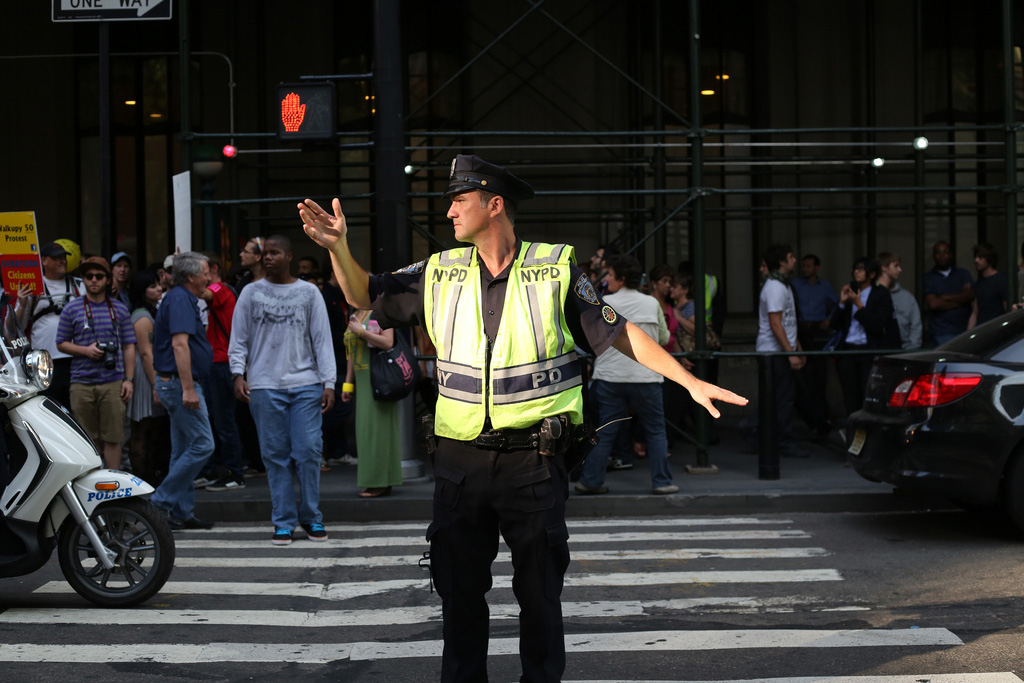Virtually all primary, secondary and high school students in Lesotho are currently missing face-to-face instruction due to COVID-19.
Many parents and educators thus share a common worry: When the pandemic subsides, kids will return to school with lower achievement.
There are also concerns that the gap between high- and low-achieving students will become larger. Given the need to address these concerns, some countries decided to use prior test scores from millions of students and leverage research on summer learning patterns to make informed projections of what learning loss due to the pandemic might look like.
Ultimately, everyone wants to know: What sort of learning losses could we expect from the shortened 2019-20 school year?
Answering this question is complicated by the unique circumstances of COVID-19. Current school closures have added to the time that most students already spend at home during the summer months without explicit face-to-face instruction from teachers.
Meanwhile, teachers are scrambling to adapt content for an online platform and parents are juggling work responsibilities (if not joblessness) with caring for and educating their own children.
Students themselves are faced with isolation, anxiety about a deadly virus, and uncertainty about the future. In so many ways, the current situation is unprecedented for most people alive today.
Yet there are parallels between the current situation and other reasons students miss school that can give us insight into how COVID-19 may affect achievement. This includes research on the effects of out-of-school time on learning due to absenteeism, weather-related school closures and summer vacation. Existing evidence can provide a rough sense of how time out of school due to COVID-19 will affect achievement.

































